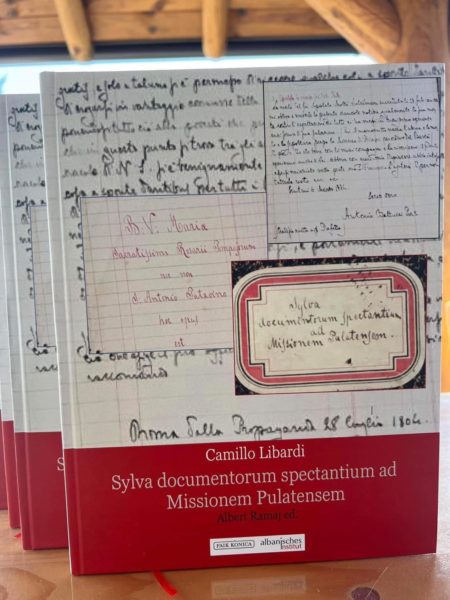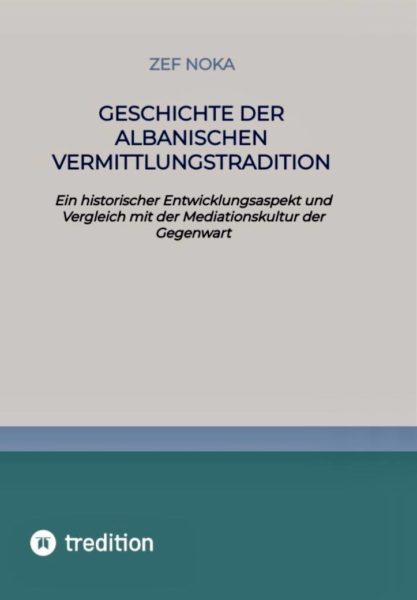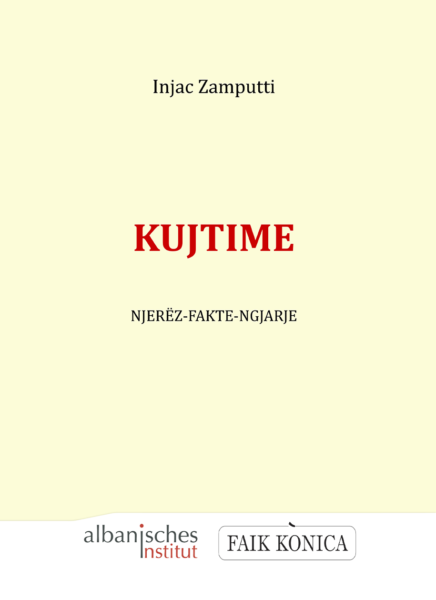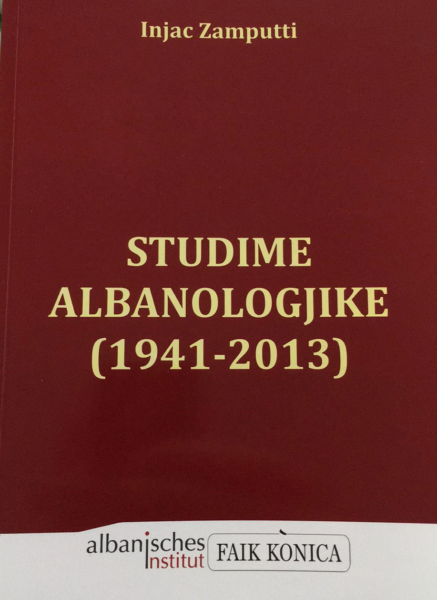Which Side Will the Albanians Take?
studiate il passo
Mentre que l’Occidente non s’annera.
(Dante: Purg., XXVII 62-63)
 By Dr. Aurel Plasari
By Dr. Aurel Plasari
The Red phantasm has been banished from Europe. Or, rather, has died of old age.His burial in some countries of the East took the form of a carnival; the Poles saw him offbanging pots and pans, the Czechs and Slovaks jangling keys and shouting, „It’s over! It’sover!“ In others of these countries, such as Romania, Bulgaria, or Albania, there weremassacres in public squares or along the border cordon, last-minute crimes, or cowardlyassassinations; meanwhile, in Serbia, this still unfinished burial is taking the form of a civilwar.When Poland, Czechoslovakia, and Hungary embarked upon post-communism as soon as theleaden Soviet lid was lifted, the world remembered that the regimes in these countries hadonly been propped up with the help of the Red Army, and that these had been the countries ofthe three anticommunist revolutions: Hungary (1956), Czechoslovakia (1968), and Poland(1980). A different phenomenon was noticed at the same time in the other part of the formercommunist bloc. In Albania, the painful fact was that even after half a century of irondictatorship and economic backwardness, two-thirds of the electors polled their votes for theformer party „of labour.“ The international public was astonished to see the Albanians,Romanians, and Bulgarians, after so much suffering, finding it so difficult to imagine theircountries without Marxist dictatorship. Even today, after the transfer of power to the hands ofan opposition party in the elections of 22 March 1992, one can discern the most implicit andexplicit forms of nostalgia for „the glorious past.“















